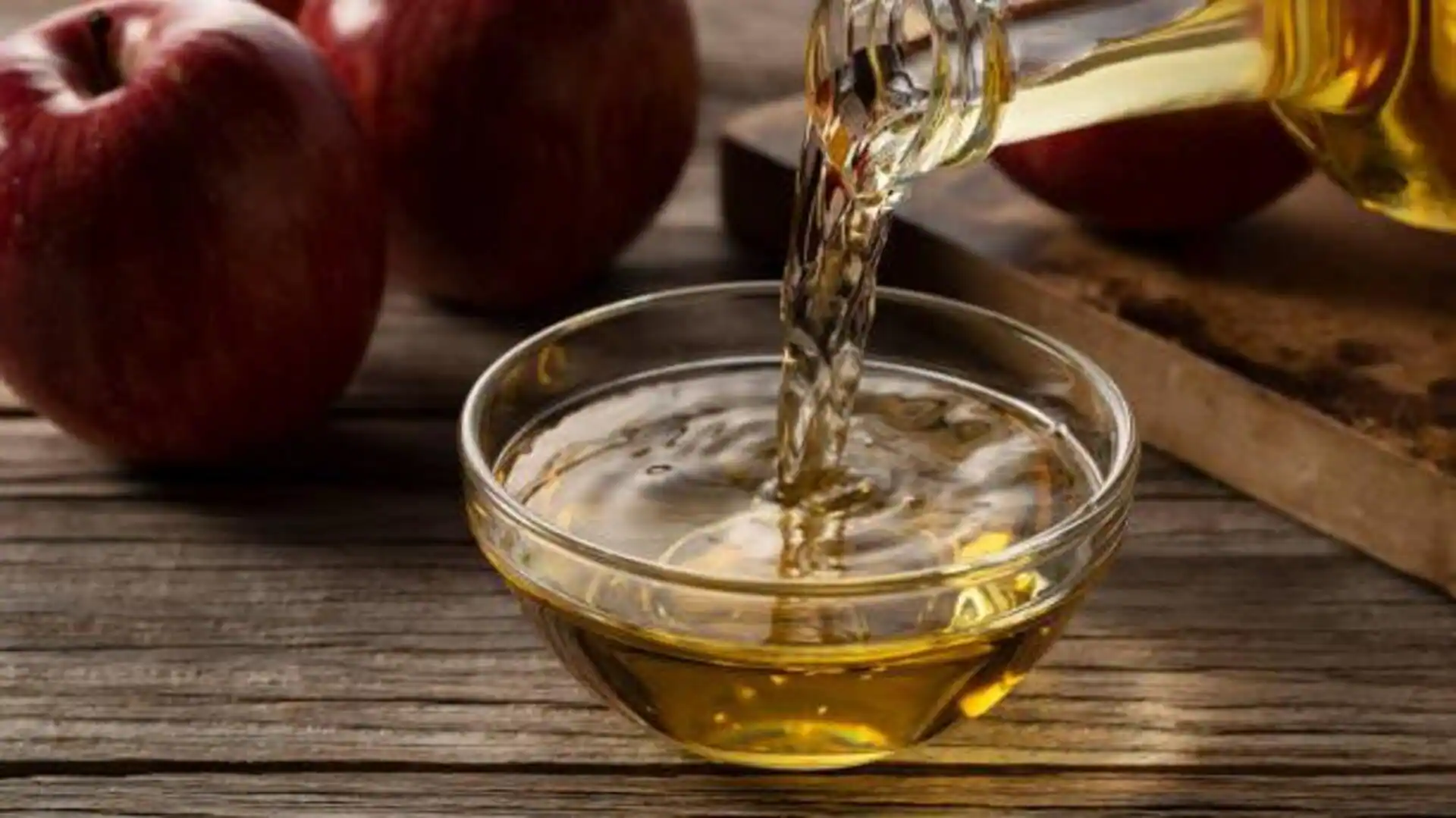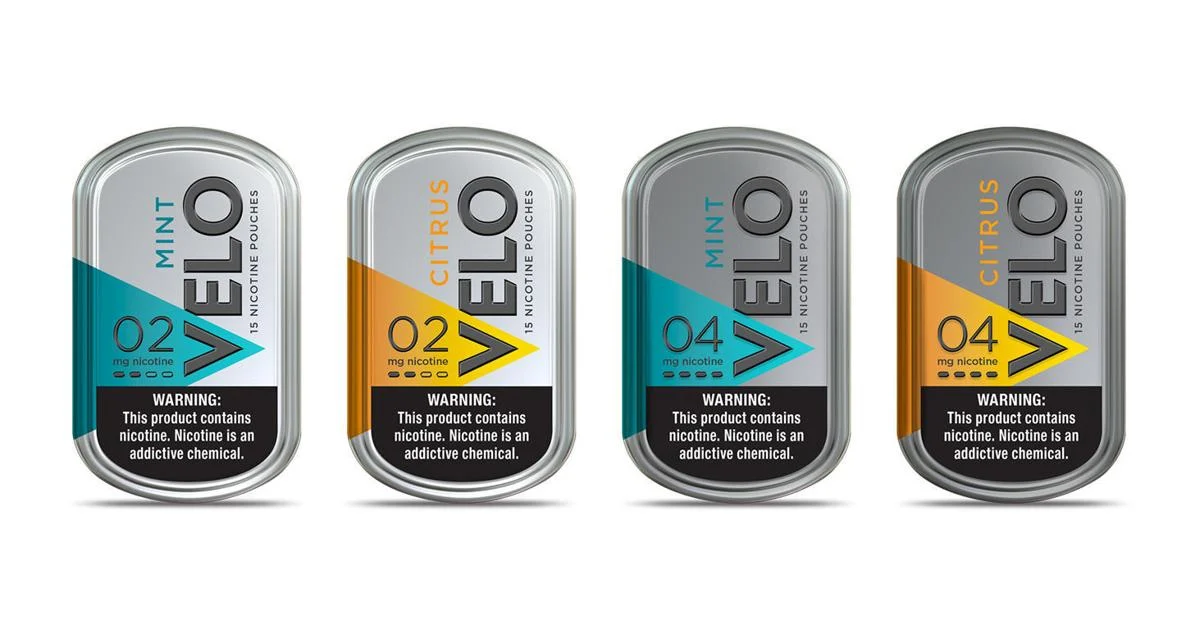By Neil Shaw
Copyright walesonline

Children will see fewer ads for unhealthy food from this week as a voluntary ban by advertisers takes effect ahead of a full crackdown in January. The move to tackle childhood obesity will stop ads for “less healthy” food and drink that is high in fat, salt and sugar (HFSS) appearing on television between 5.30am and 9pm, and online at any time. The ban applies to products that fall within 13 categories considered to play the most significant role in childhood obesity, including soft drinks, chocolates and sweets, pizzas and ice creams, but also breakfast cereals and porridges, sweetened bread products, and main meals and sandwiches. Products that fall into these categories are than also assessed as to whether they are “less healthy” based on a scoring tool that considers their nutrient levels and whether products are high in saturated fat, salt, or sugar. Only products that meet both of the two criteria are included in the restrictions. Companies can still advertise healthier versions of products included in the ban, which the Government said it hoped would encourage the food industry to change their recipes. The Government stressed that ads for plain porridge oats and the majority of porridge, muesli and granola would not be banned under the new rules, but some less healthy versions with added sugar, chocolate or syrup could be affected. The restrictions will only apply to ads where products deemed to be unhealthy can be identified by viewers, meaning firms can still advertise brand names. Currently, HFSS products should not be advertised through any media when more than 25% of the audience is under 16 years old. Latest figures suggest one in 10 reception-aged children are now obese, while and one in five children are suffering from tooth decay by the age of five. It is estimated that obesity costs the NHS more than £11 billion every year. Evidence shows that children’s exposure to ads for unhealthy food can influence what they eat from a young age, in turn putting children at greater risk of becoming overweight or obese. The Government has said that it estimates the ad ban will prevent around 20,000 cases of childhood obesity. A Department of Health and Social Care spokesperson said: “Obesity robs children of the best possible start in life, sets them up for a lifetime of health problems and costs the NHS billions. “This government is taking action to end the targeting of junk food ads at kids, across both TV and online. This is a crucial step to delivering a major shift in the focus of healthcare from sickness to prevention, and towards meeting the government’s ambition to give every child a healthy, happy start to life.”



